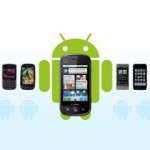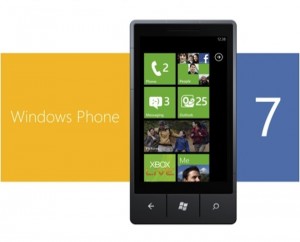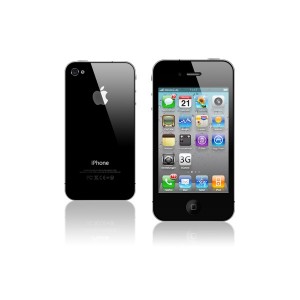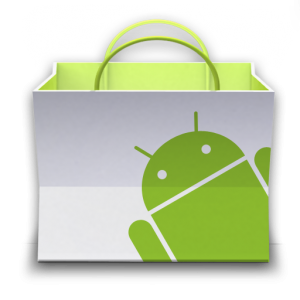Android, iPhone, WP7, BlackBerry? Which Smartphone is Right for You?
 If you’re in the market for your first smartphone, or even upgrading from an old one, you’ll notice that there are a lot of choices on the market these days. Rather than blindly choosing your next smartphone based on a 3 minute test run at your carrier’s store, let alaTest help you decide which platform best suits your needs – Android, iPhone, Windows Phone 7, or BlackBerry.
If you’re in the market for your first smartphone, or even upgrading from an old one, you’ll notice that there are a lot of choices on the market these days. Rather than blindly choosing your next smartphone based on a 3 minute test run at your carrier’s store, let alaTest help you decide which platform best suits your needs – Android, iPhone, Windows Phone 7, or BlackBerry.
Key Features: Enterprise Integration, Document Management, Ease of Use
Windows Phone 7 is primarily intended for enterprise environments, especially those running Microsoft Exchange. Its focus is to keep you connected with your workplace as much as possible; however, in order to keep competitive, Microsoft has added some iPhone-like features, such as Facebook integration, Zune Media Sync (for MP3 and video playback), and its very own Windows Phone Marketplace.
WP7 is best suited for someone who needs to stay connected to the office without actually being there, but also wants to use his smartphone for a bit of fun on the side. The HD7S is a great place to start.
Key Features: Simple E-mail and Messaging, Battery Life, Contact Management
In the business world, BlackBerry devices are very popular. They offer great E-mail capabilities, and the widespread use of its specialized BlackBerry Instant Messenger is a great asset. It doesn’t pack quite as much power as its competitors, making it a bit light for things like videos and rich document processing, but it does feature great battery life. Like Microsoft, RIM has been adding social features onto the BlackBerry platform as well.
When work comes before all else, and the ability to respond to E-mails and messages quickly are key, a BlackBerry is the best choice. Check out the Torch 9800.
Key Features: Ease of Use, Huge App Store, “Trendy”
The iPhone changed the smartphone arena when it came out, sparking a shift from corporate use to mass adoption. It features great browsing, media playback, and socializing capabilities, and through its App Store, nearly nothing is off limits. The latest model, the iPhone 4, is quite powerful (despite its hardware being a bit dated) and most importantly very simple to use.
It’s an excellent choice for people who might be afraid of the complexity of a smartphone or rely on many Apple products already (iTunes, iPod, etc).
Key Features: Massive App Store, Extensive Media Playback Options, Lots of Devices to Choose From
Android was Google response to Apple’s raging success with the iPhone. It’s a little rough around the edges, requiring a bit of customization, and generally appealing more to those more technologically savvy, but it’s very similar to the iPhone with many social features, media options, and excellent web browsing. One of the key differences between Android and the iPhone is the fact that the Android platform has a wide array of devices to choose from.
It’s a common misconception that the iPhone offers the latest and fastest mobile technology, but it’s actually Android phones that hold the crown. The latest Galaxy S II is even expected to be faster than Apple’s upcoming iPhone 5.
Android phones are great for anyone looking for an iPhone-like experience for cheap. It’s also a great choice for those who like the latest, fastest technology at their fingertips. HTC Sensation 4G anyone?
Summary
In short, WP7 and BlackBerry are for working hard, while Android and the iPhone are for playing hard. If you’re in the market for an iPhone, it’s a good idea to check out Android phones as well, and visa-versa. The same goes for WP7 and BlackBerry, of course.





